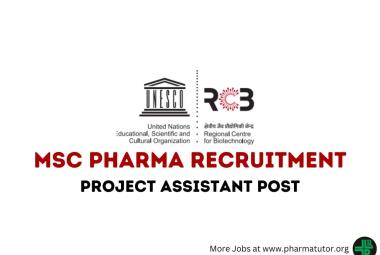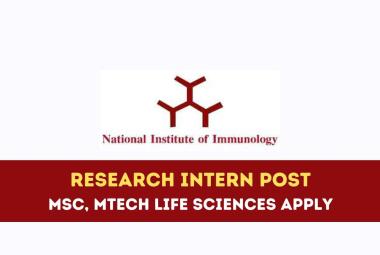Scientists have deployed a new drug discovery technique to identify an anti-diabetes compound with a novel mechanism of action. The finding by the Scripps Research Institute (TSRI), US, may lead to a new type of diabetes treatment by enabling researchers quickly find drug candidates that activate cellular receptors in desired ways.










.png)


